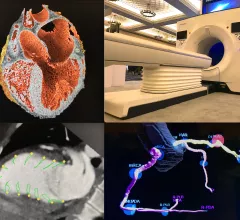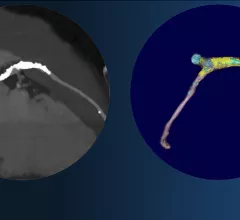Chest Pain Guidelines
The first comprehensive guideline for the evaluation of chest pain was published in October 2021 by the American Heart Association (AHA) and the American College of Cardiology (ACC) and received the endorsement of most of the other U.S. subspecialty cardiology societies. The new guideline recommends medical professionals use standardized risk assessments, clinical pathways and tools to evaluate and communicate with people experiencing chest pain. While the guideline covers the role of all types of tests and imaging, the new guidelines elevated the frontline use of coronary computed tomography angiography (CCTA) and FFR-CT in specific patients. This inclusion has caused a large amount of interest in expanding cardiac CT programs.
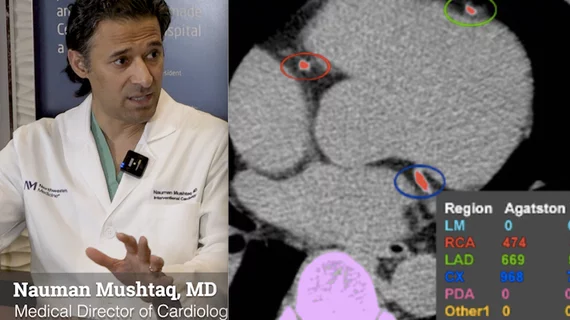

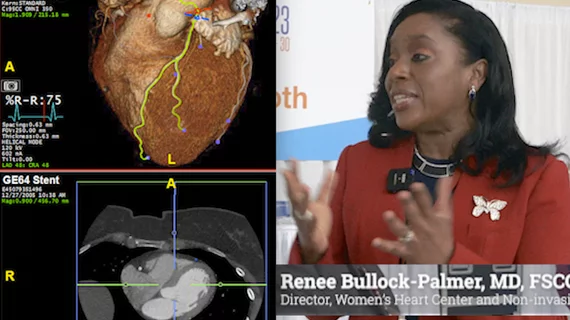

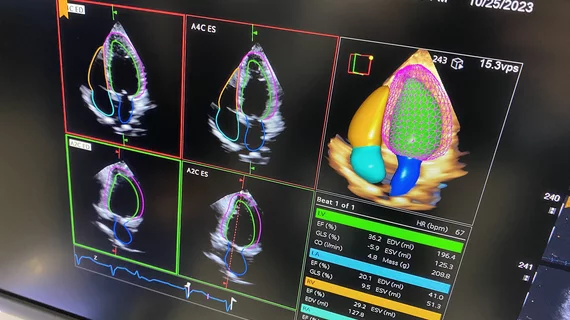
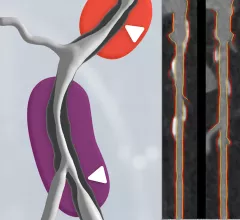
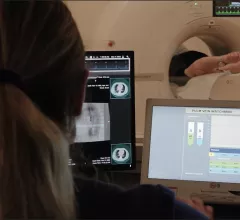
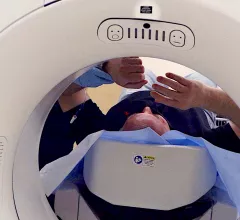
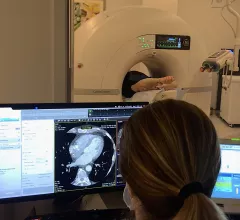
![Ron Blankstein, MD, MSCCT, associate director, cardiovascular imaging program, director, cardiac computed tomography, Brigham and Women's Hospital, and professor of medicine, Harvard Medical School, was a co-author on the ACC 2021 Chest Pain Guidelines,[1] which now lists coronary computed tomography angiography (CCTA or CTA) as a 1A level recommendation for front line imaging. He gave an overview of the guidelines during the 2022 Society of Cardiovascular CT (SCCT) meeting in July. #SCCT2022](/sites/default/files/styles/240x220/public/2022-07/rob_blankstein_video_interview_slide.jpg.webp?itok=o_z0Rfln)
